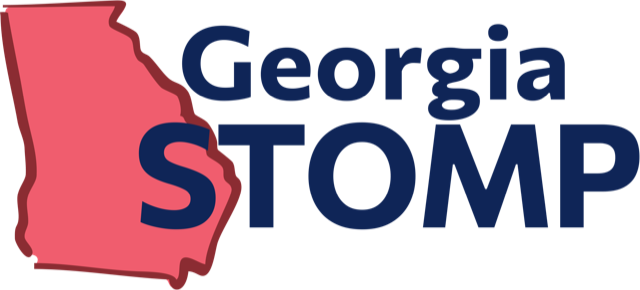On Second Thought
If you tuned into GPB Tuesday morning for “On Second Thought,” you might have caught Jennifer Weiss-Wolf and Dominique Holloman talking around 14 minutes into the program. They discussed the compelling case for affordable menstrual products in Georgia, including #HB8 and the need for products to be readily available in our schools.
As it did on Tuesday, the question of ‘what the opposition to eliminating the tax on menstrual products exactly is’ comes up rather often for advocates of menstrual equity and an end to the discriminatory tax on menstrual products. As Jennifer and Dominique mentioned, a little education can help address any opposition that arises.

The “tampon tax,” as it is sometimes called, doesn’t paint the total picture – there is no unique tax on menstrual products. But we know: that doesn’t make it inequitable. Here are the facts:
- We do not have a uniform sales tax rate in Georgia – some items are exempt from sales tax. This can serve many purposes – to make Georgia a friendly state for business, to meet special interests, or to ease the financial burdens on products that are essential for consumers with limited means. The latter type of exemptions include, but are not limited to: food purchased for off-site consumption, prescription medications, durable medical equipment, and some non-prescription medical devices (like insulin syringes and blood glucose test strips).
- Make no mistake: there are items which we would all consider necessities that ARE taxed. Some might consider amongst those necessities certain items used for basic hygiene – items like soap, toilet paper, deodorant, or even razors. Menstrual products are also currently not exempt.
So what’s the difference? Why should menstrual products be exempt when items like toilet paper aren’t?
Because we all have a need for toilet paper, but menstruation is a healthy, natural part of life for only one half of the population for an average of 40 years of life. In order to manage menstruation, menstrual products are essential. Period. Without menstrual products, there are health risks and menstruating persons would not have the ability to participate in the workforce and in school for an average of 7 days each month.
This is the primary reason that this tax is discriminatory and burdensome: only half of the population menstruates as an integral part of life, and so only half the population bears this tax burden. There is no other equivalence – no unavoidable necessity that the other sex has to purchase because of their natural biology.
With House Bill 8, the State of Georgia has an opportunity to eliminate what is, in essence, a special tax on menstruators, giving back $9 million annually to its citizens by exempting these products the same as they do other unavoidable necessities. It can alleviate this undue burden on women, who are already known to be economically disadvantaged in our state.
It’s just that simple: Stop Tax on Menstrual Products. It’s one step towards a more equitable society, and a fairer tax code.
